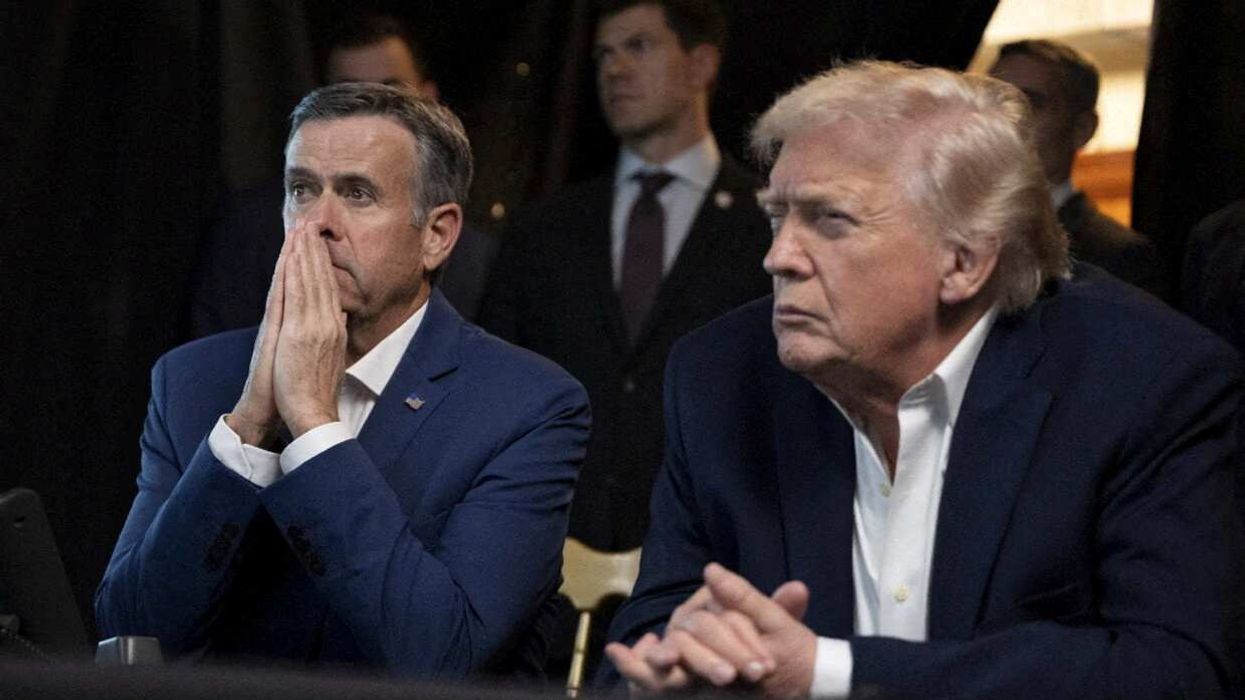For an “isolated” world leader with a global arrest warrant to his name, Vladimir Putin is throwing a pretty decent party this week. Russia is hosting a summit of the BRICS+, a loose grouping of Global “South” countries led by Brazil, Russia, India, China, and South Africa.
Dozens of nations are set to attend, and Putin will even receive a personal visit from UN chief António Guterres.
The BRICS backstory: It began life in the 2000s as a Wall Street acronym for the four largest emerging market economies. Reality imitated research in 2006 when their governments actually formed the grouping as a basis for alternatives to Euro-Atlantic geopolitical clout.
South Africa joined in 2009. Egypt, Ethiopia, Iran, Saudi Arabia, Ethiopia, and the UAE came along this year. Together, the BRICS account for about 30% of global GDP, slightly more than the G7.
What does it do? It’s a forum to loosely coordinate agendas among members. It has a small multilateral development bank but no binding treaties or security arrangements.
On the agenda this week: Members will sketch out alternatives to the overwhelmingly dollar-dominated global financial systems that give the US outsized power to shape, and sanction, other countries’ economies. Knocking the greenback off its perch as the most-trusted global currency is no easy task.
But the symbolism matters: Putin is showing the world that two years after invading Ukraine, he’s not all that “isolated” after all, and that there is a large – and growing – group of countries seeking alternatives to US and European power.


















